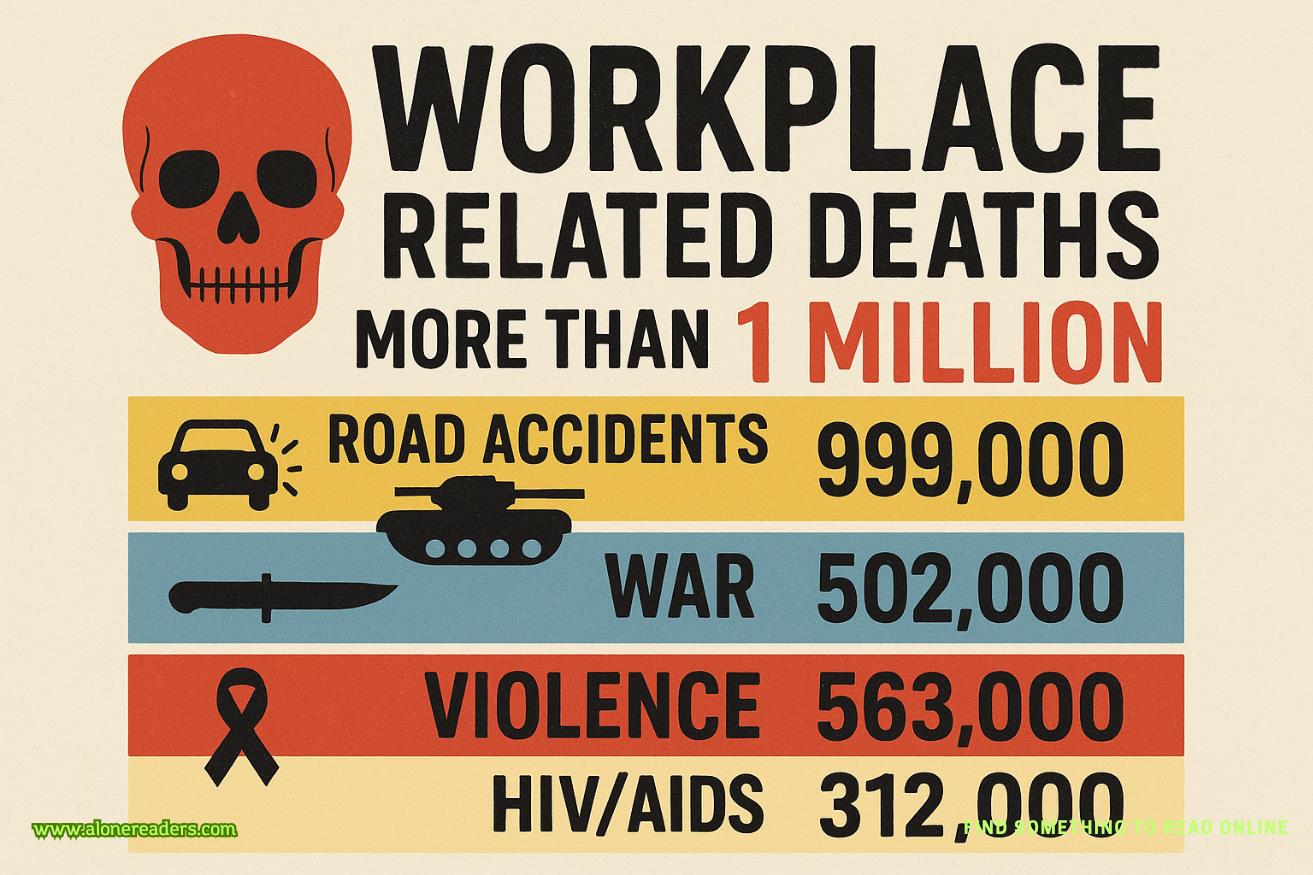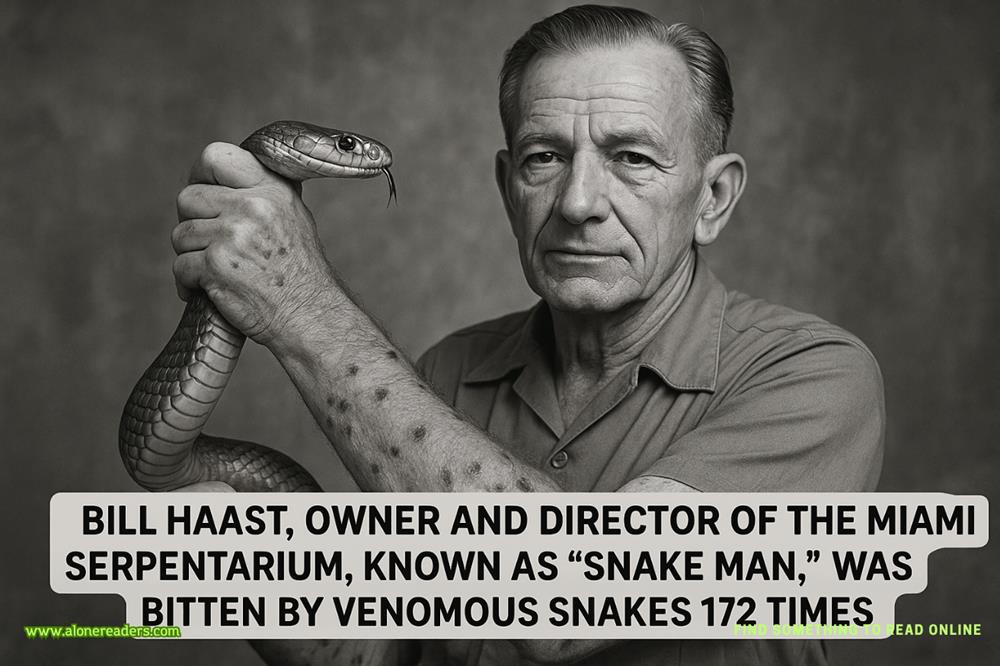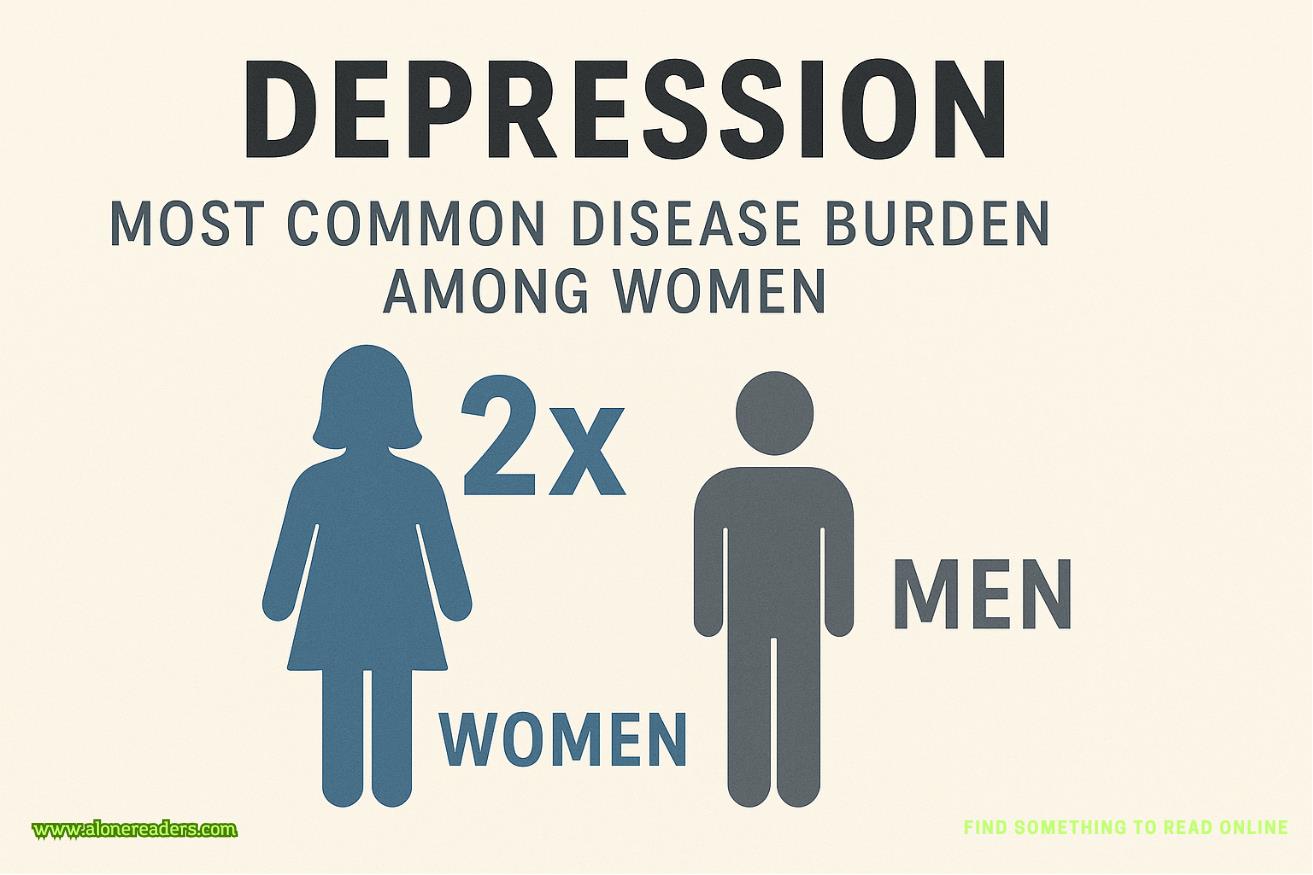Page 122 of My Last Dance
Page List Listen Audio
When the doctors diagnosed him with Arrhythmogenic Right Ventricular Cardiomyopathy, he didn’t even respond.
When they voiced their concerns about the tissue and scarring around his heart, and that they were shocked he was able to play hockey in his condition, he just shrugged.
They wanted him to have surgery to place an ICD, which wouldn’t solve the issue, but it would act as a last line of defense— like an airbag in a car accident—if his heart failed. He denied the surgery, saying the recovery period would make him miss the Olympics.
At his mention of the Olympics, the doctors made eye contact with each other, silently communicating.
A middle-aged woman doctor finally spoke up. “We recommend you avoid stressful events and strenuous activity, Mr. Kappers.”
He raked a hand through his hair. “Yeah, I hear you.”
“Do you?” the woman asked gently. “You can’t participate in sports with this condition, Mr. Kappers.”
He stared straight at me, face void of emotion. “Wanna grab food?”
My eyes darted around the room, from Richard, to the confused medical staff, to his chest. “B-but he’ll be okay, right? If he doesn’t play sports?”
“Mr. Kappers still needs more tests. Looking at these initial scans, he’s definitely a candidate for a catheter ablation.” She started pointing out things on his scan that I struggled to comprehend. “But to answer your question, yes, many people with this condition can lead normal lives, so long as they stay on the recommended protocol and avoid strenuous exercise.”
Kappy slid off the exam table and shouldered on his Carhartt jacket. He gave a polite nod to the staff before throwing the door open and tearing out of the room.
I struggled to keep up with his pace through the hospital hallways, and I followed him in silence as he walked across the snowy parking lot.
As soon as we sat in his truck, he cranked the heat, and we both sat in silence for a minute, letting the shock of the appointment set in.
“You need to get that ICD surgery,” I said. A muscle in his jaw jumped. “We might not even be going to the Olympics,” I added.
I honestly hoped the US Figure Skating board would deny Patrick’s appeal about the failed drug test at Nationals. Patrick already submitted Kappy’s medical records, and he seemed confident that the board would rule in our favor, especially seeing as the pill that Richard took was necessary, given his condition. Patrick also promised the board that Richard would find other suitable measures for the Olympics.
I was just doubtful that other suitable measures even existed.
“We’re going,” Kappy said with determination, throwing his truck in reverse to leave the parking lot. “You wanted me to go in, I went in.”
“But you’re not doing what they said,” I argued. “I won’t skate with you.” I stubbornly crossed my arms.
“Yes, you will,” he gruffed.
“No, I won’t.” I racked my brain for reasons to quit. “What if my legs hurt?”
He pulled to a stop at the red light and leveled me with a glare. “Then I will give you a piggyback ride to thedamn podium.”
“Oh my God,” I quietly cried. “I let you carry me.” I covered my face. He was doing so many things he had no business doing over these past months.
“And this is why I didn’t want to tell you,” he said with a sigh. He held out his hand on his truck’s center console. “You’re being dramatic.”
“And you’re being a dick,” I said, but I still interlocked my fingers with his.
He rolled his eyes.
“Eye rolling is for me.”
His lips twitched. “You can’t call eye rolling, Viper.”
“Yes, I can, and I did.”
Taking in a deep breath, his shoulders deflated. “Can we call a truce for tonight? I’m really tired, and I don’t want to argue about this anymore.”
At that moment, I think I would have agreed to anything he asked just to make him feel better. “Truce.”
- The Naughty Week by Jade West
- The Empress by Michelle Heard
- Praise Me: Lumberjack by Jessa Kane
- Monstrosity by Elizabeth Knox
- Dance of Devils by Jagger Cole
- Twister's Salvation by Winter Travers
- Triplet Babies for the Billionaire by Summer James
- Brutal Monster by Matilda Martel
- Fallen by N. Slater
- My Sweetest Obsession by I.S.A. Bella
- Velvet Chains by Clarissa Bright
- Velvet Corruption by Clarissa Bright
- Ivory Requiem by Clarissa Bright
- Cryptic Curse by Helen Hardt
- Devil's Property by Piper Stone
- Make Me Yours by Jennifer Sucevic







